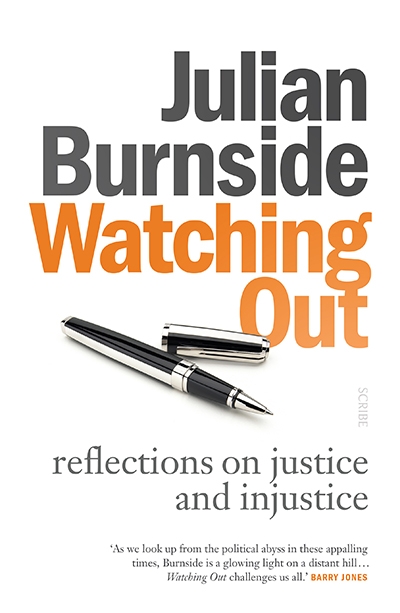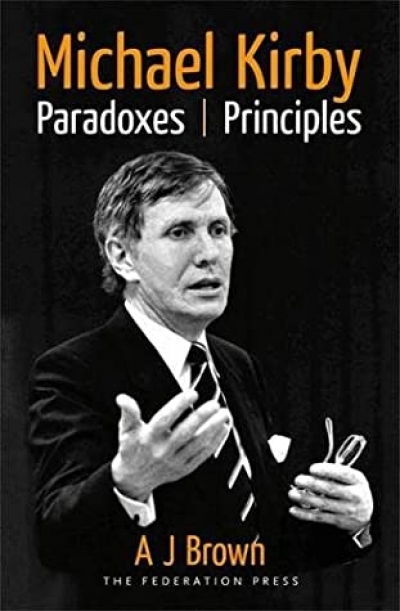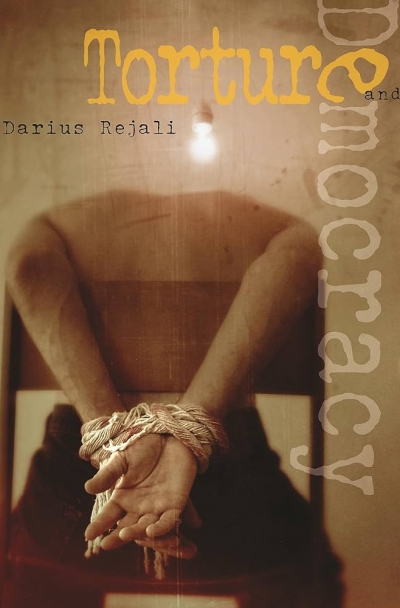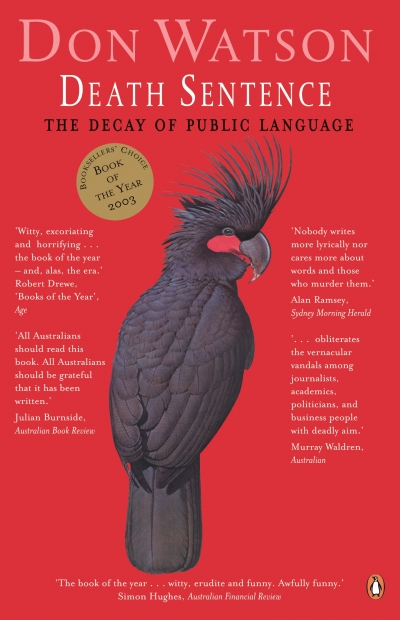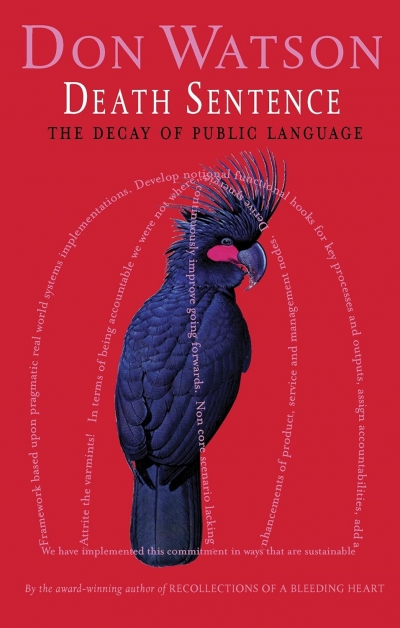Julian Burnside
Watching Out: Reflections on justice and injustice by Julian Burnside
Death Sentence: The decay of public language by Don Watson
Death Sentence: The decay of public language by Don Watson
Bauman’s point of departure
Dear Editor,
Boris Frankel bursts in through open doors. He gives Zygmunt Bauman and me stick for speaking our truths (ABR, October 2001). Viewed in its own terms, what remains of the Left in Australia is in a bad way because it has failed (1) to clarify its ethics, norms and values and (2) to develop alternative visions and policies upon them; because (3) there is no popular bearer or social movement available to carry these invisible ends; and (4) because there is no evidence of popular support for a new society, present unhappiness and misery notwithstanding. If this is not modern, what is it? (If the Soviet and Nazi experiences were not modern, what were they?)
... (read more)The episode of the refugees on the MV Tampa raised two separate problems, one moral, the other legal. To see both issues in perspective, it is useful to recall the facts that precipitated this unlikely crisis.
The refugees, most of them claiming to be from Afghanistan, embarked on a boat in Indonesia and headed for Australia. It began to sink. The master of the Tampa, quite properly, rescued them. He was about to take them to Indonesia when some of them threatened to commit suicide if they were not taken to Australia. He considered that many were in need of urgent medical help. He sailed towards Christmas Island and radioed for help, but none was given. He was asked to turn away, but considered the risks to life too great. Thus it was that 450 refugees found themselves in Australian territorial waters.
... (read more)
